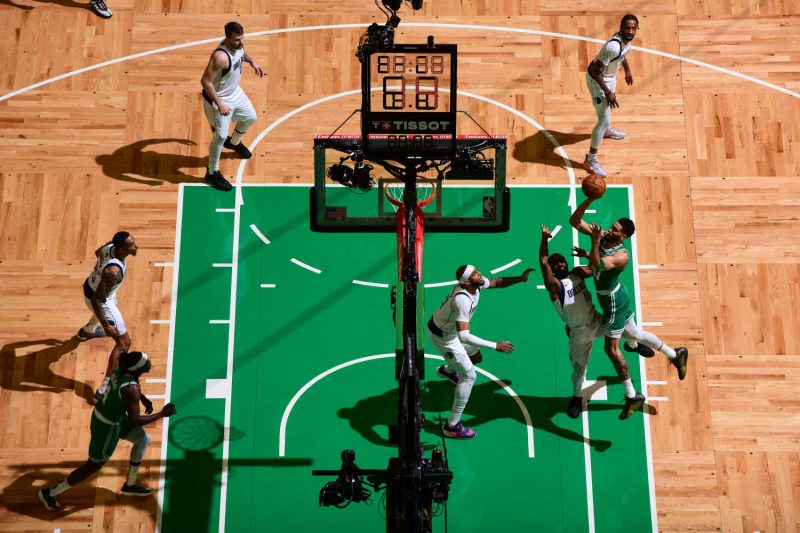In a recent legal development that has sent shockwaves through the entertainment industry, a judge has made the decision to temporarily block a sports streaming service owned by media giants Disney, Fox, and Warner Bros. This decision comes amid a flurry of legal battles and challenges that have emerged in the wake of the service’s launch. The implications of this ruling could have far-reaching consequences for the future of streaming services and the dynamics of media ownership.
The streaming service in question, which offers live sports content from various professional leagues, has been the subject of intense scrutiny since its inception. Contentious debates have arisen over issues of exclusivity, pricing, and rights management, with critics arguing that the service’s dominance in the market could stifle competition and consumer choice. The temporary block imposed by the judge represents a significant setback for the service’s owners, who had been banking on its success to bolster their streaming offerings and expand their reach in the digital entertainment landscape.
At the heart of the legal dispute is the question of whether the service’s ownership structure violates antitrust laws and unfairly restricts access to vital sports content. Critics argue that by consolidating ownership of the service among major media conglomerates, consumers are left with limited options and face potential price gouging. The judge’s ruling to halt the service’s operations temporarily reflects the seriousness of these concerns and underscores the need for a thorough examination of the service’s impact on the broader entertainment ecosystem.
The legal battle over the sports streaming service highlights the complexities and challenges that arise when traditional media titans enter the digital streaming arena. As the streaming wars intensify and competition for subscribers heats up, conflicts over market dominance, content rights, and pricing strategies are likely to become increasingly common. The case of the blocked sports streaming service serves as a cautionary tale for industry behemoths seeking to navigate the rapidly evolving landscape of digital media and entertainment.
Moving forward, it remains to be seen how the legal dispute will unfold and what implications it will have for the future of streaming services. The temporary block imposed on the sports streaming service owned by Disney, Fox, and Warner Bros. serves as a stark reminder of the regulatory challenges and legal hurdles that can arise in the competitive world of digital entertainment. As stakeholders and consumers await further developments in this ongoing saga, one thing is clear: the battle for dominance in the streaming market is far from over, and the outcomes of these legal skirmishes will shape the industry’s future in profound ways.



























